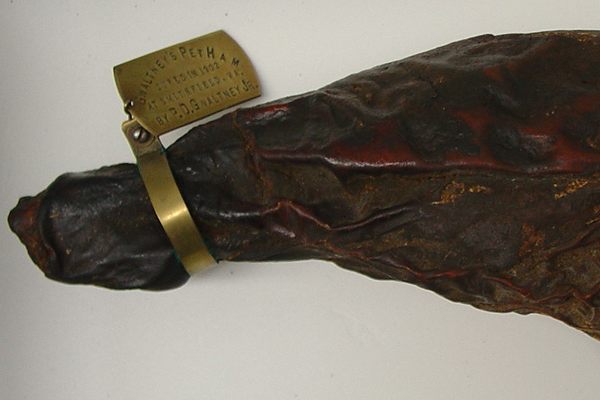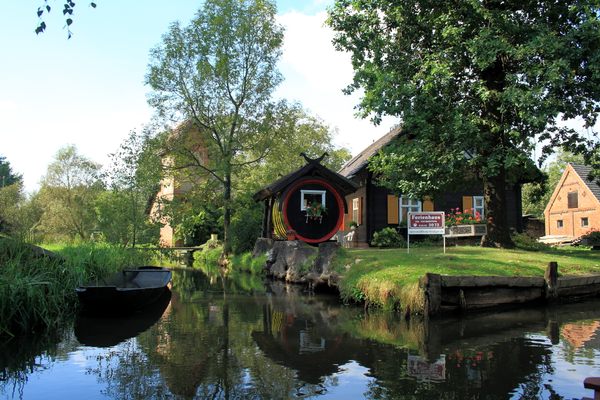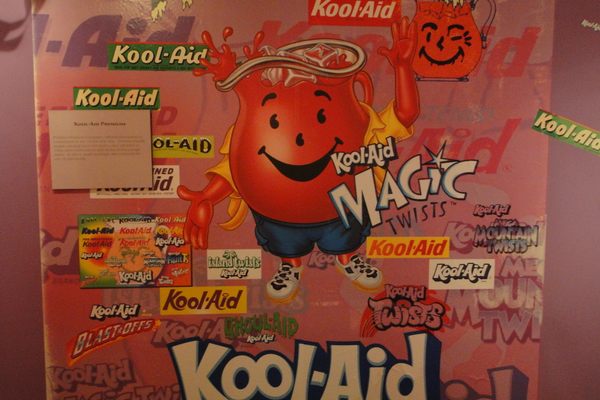About
The culture of bread is probably not something many people consider. It's a central part of people's diets throughout almost all of the world's cultures. It's so central it's part of numerous clichés for the basics of food, along with butter.
In Germany a pair of men decided that their grains and yeast needed a special site dedicated to the doughy friend of breakfast. They were Willy Eiselen (1896-1981) and his son Hermann Eiselen (born 1926). Together they started the crusty enterprise in 1955 as an association, followed in 1960 as an exhibit. The first of its kind, it remained a private institution until 1991 when it was taken over by a charitable foundation named after the father-son team.
The museum houses 16,000 artifacts related to the history of bread, but no actual bread. The museum's website states:
Bread itself does not form part of the collection, reflecting the museum founders’ firm belief that bread is not a museum artefact, but a food, freshly baked each day.
There are books, though – 6000 pieces of written work give a fairly comprehensive description of bread in its many forms.
Art is also a part of the collection with a variety of impressive pieces, including work by Picasso. Counting the art and equipment, the museum contains the largest known collection revolving around bread's cultural history.
The museum does have a serious message along with its doughy paraphernalia. With food shortages around the world, famine is an issue of real import in the museum. The foundation caring for the museum also helps fund research on nutritional deficits.
Over a million people have visited the site, which is housed in an historic 16th-Century building called the Salt Barn.
Related Tags
Know Before You Go
Located only a few blocks north of the Ulm Munster (Ulm's central and easily found cathedral)
Community Contributors
Added By
Published
January 29, 2013













